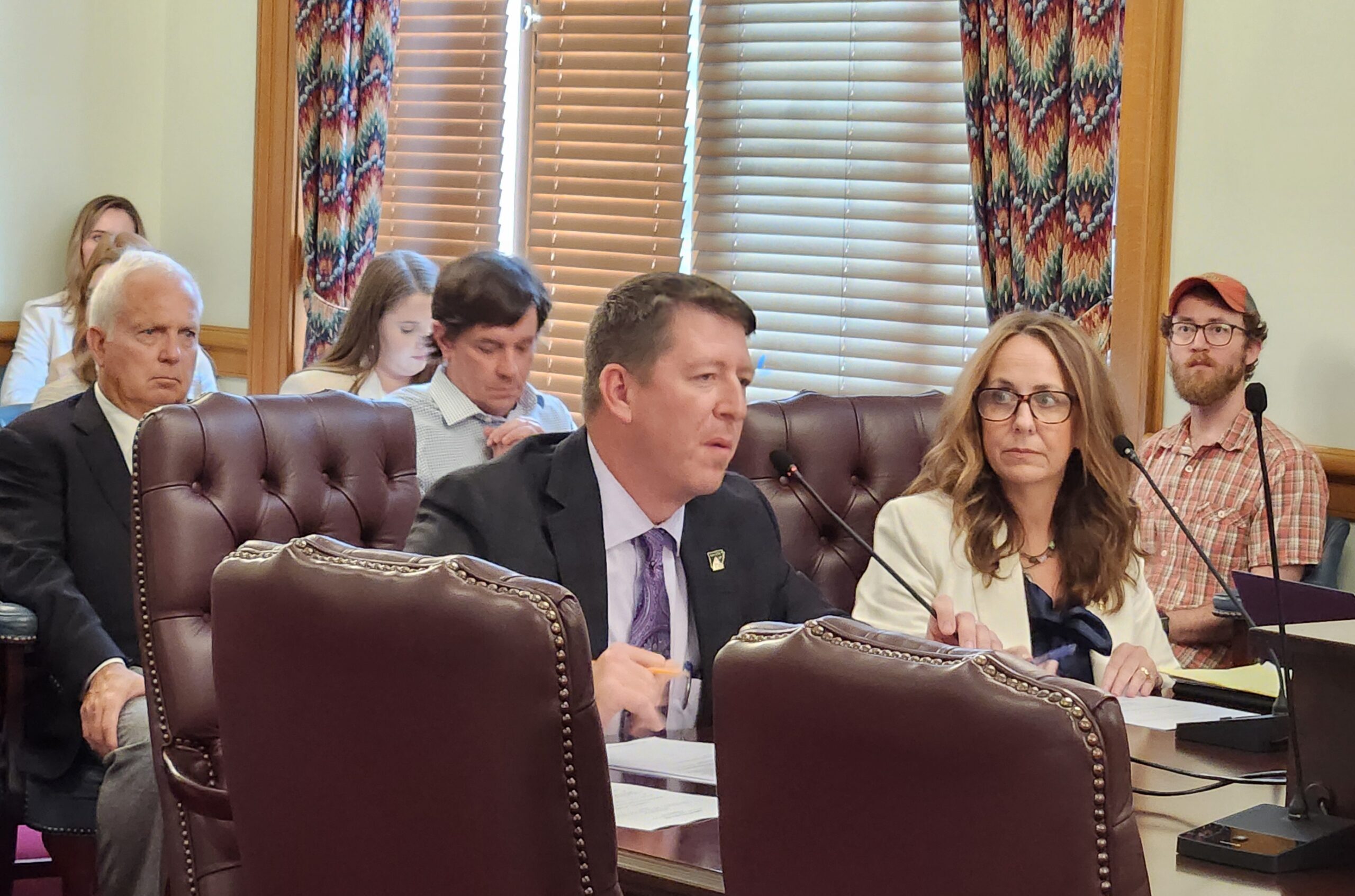An Arkansas Senate committee has unanimously endorsed two bills on Thursday aimed at regulating cryptocurrency mining activities. The committee is scheduled to reconvene on Tuesday to listen to further public input on the proposed policies.
Introduced by Republican Senators Joshua Bryant of Rogers and Missy Irvin of Mountain View, the bills were brought forth following the House’s approval of resolutions allowing their introduction during the fiscal session. These resolutions had already been approved by the Senate on April 11.
The need to address the regulation of crypto mines at the state level stemmed from Act 851 of 2023, also known as the Arkansas Data Centers Act, which restricted local governments’ authority to oversee crypto mining operations.
Crypto mines, which consist of large clusters of computers used for mining digital currency, are commonly situated in rural areas due to their space requirements. These operations demand substantial energy consumption and water for cooling the computer systems.
Concerns have been raised regarding foreign ownership of crypto mines and the potential national security risks they may pose. In the Greenbrier area, residents have filed a lawsuit citing noise disturbances from a local crypto mine located in Senator Irvin’s district.
Senator Bryant’s Senate Bill 78 proposes implementing noise restrictions on crypto mines in Arkansas, prohibiting ownership by specific foreign entities, and granting local governments the authority to establish regulations through ordinances. The bill suggests noise mitigation measures such as utilizing liquid or submerged cooling methods, enclosing computers in sound-minimizing structures, and maintaining a minimum distance of 2,000 feet from the nearest residential or commercial building.
Individuals residing within 2,000 feet of a crypto mine would have the right to pursue legal action in county circuit courts regarding noise complaints, as outlined in the bill. Furthermore, the legislation clarifies that personal crypto mining activities at home are permissible without government intervention, emphasizing that such activities should align with local guidelines and ordinances if conducted as a business.
Senator Irvin’s Senate Bill 79 mandates that crypto mines obtain licensing from the state’s Department of Energy and Environment. Additionally, the department is required to report its methods for regulating crypto mines to legislative committees.
Both bills include emergency provisions, indicating that they would take immediate effect upon approval by Governor Sarah Huckabee Sanders.
While several crypto regulation proposals were unsuccessful in the House over the past week, Senate Bill 78 addresses a significant portion of one of the failed resolutions, which aimed to empower local governments to regulate crypto mines and prohibit ownership by foreign countries listed under the federal International Traffic in Arms Regulations restrictions.
Senator Irvin emphasized that these bills establish a foundation for utilizing multiple regulatory tools within the crypto industry and pave the way for future legislative discussions on implementing additional regulations.
Public comment during the committee session featured support for the bills from Arkansas County residents Jerry Lee Bogard and Kenneth Graves. Graves, a member of the DeWitt School Board, expressed concerns about the proximity of the crypto mine to a school and the potential impact of noise and electricity usage on education. Bogard, representing a water conservation business, highlighted worries about the strain crypto mines could place on Arkansas’ groundwater supply.
The session also included insights from John Bethel, Entergy’s director of public affairs, on the impact of crypto mines on local electric grids. Senator Scott Flippo, the committee chair, suggested the need for stricter consequences for customers, such as crypto miners, who do not comply with grid usage notifications from the utility company.
In response to concerns raised by Senator Stephanie Flowers about limiting public input, Senators Bryant and Irvin, at Flippo’s recommendation, agreed to refer the bills back to the committee for further public comment at the upcoming meeting on Tuesday.

